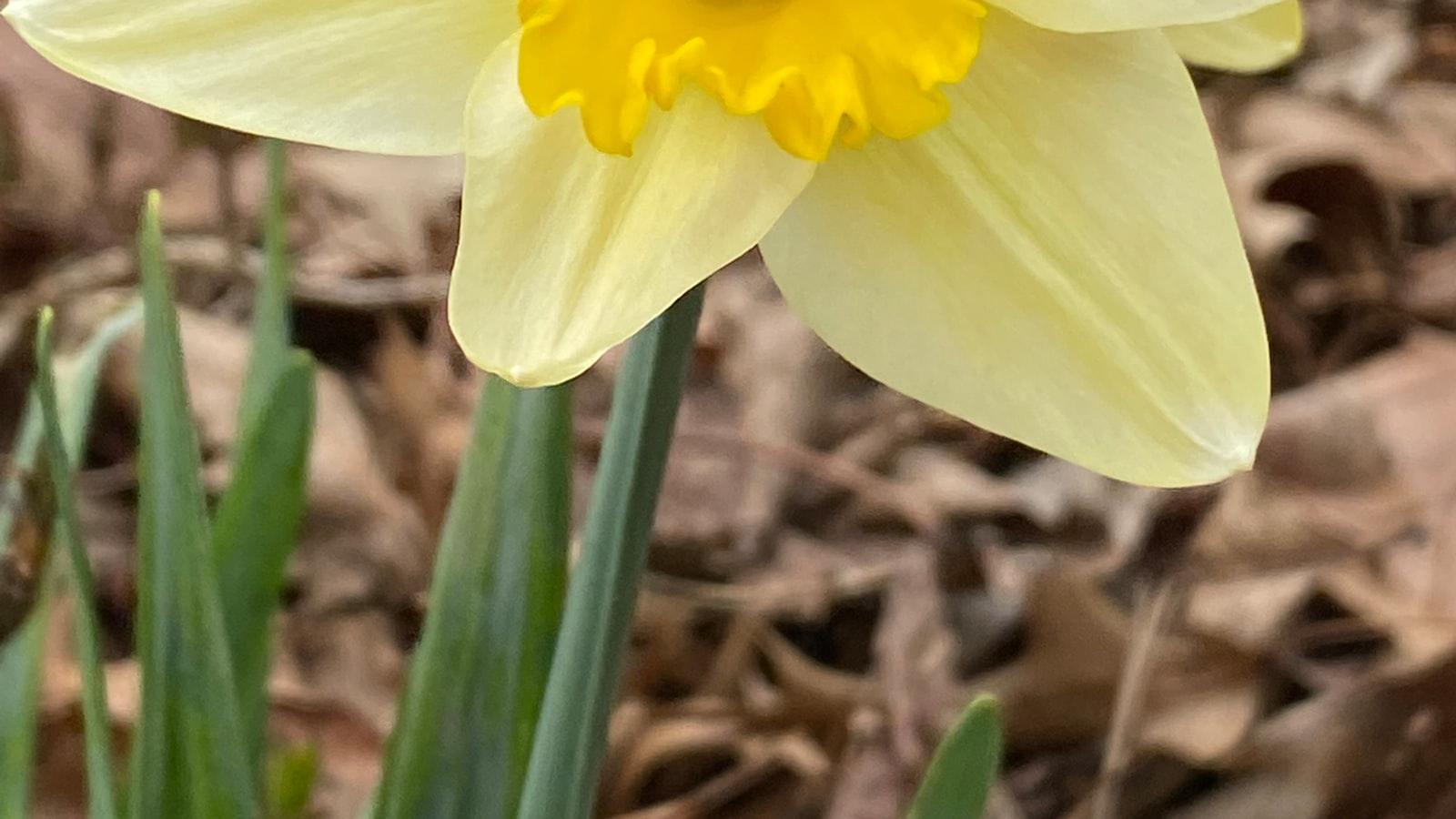In the intricate web of scientific theories that seek to unravel the mysteries of our planet’s interconnected ecosystems, the Gaia Hypothesis stands out as a beacon of holistic understanding. Conceived by the brilliant mind of James Lovelock, this hypothesis presents a captivating perspective on Earth as a living, self-regulating organism. Let us embark on a journey to explore how the Gaia Hypothesis serves as a testament to the intricate symbiosis between life and the environment, offering a unique lens through which we can perceive the beauty and complexity of our world.
Table of Contents
- Exploring the Foundations of the Gaia Hypothesis
- Unveiling the Interconnectedness of Earth’s Systems
- Understanding the Implications for Environmental Sustainability
- Implementing Gaia-Inspired Practices for a Balanced Future
- Q&A
- In Conclusion
Exploring the Foundations of the Gaia Hypothesis
The Gaia hypothesis exemplifies the interconnectedness between Earth’s living organisms and its physical environment, proposing that the planet functions as a self-regulating system. This theory suggests that the biosphere, including the atmosphere, oceans, and land, interacts synergistically to maintain conditions suitable for life.
By delving into the Gaia hypothesis, we uncover a profound perspective on Earth as a living entity, capable of adapting and evolving to ensure its own sustainability. This concept challenges conventional ideas of the planet as a passive backdrop for life, highlighting the intricate balance and feedback mechanisms that characterize our home in the cosmos.

Unveiling the Interconnectedness of Earth’s Systems
By delving into the Gaia hypothesis, one can unravel the intricate tapestry of Earth’s interconnected systems. This theory posits that the Earth functions as a complex, self-regulating organism, where various components work harmoniously together to maintain life’s balance.
<p>Imagine the biosphere, atmosphere, geosphere, and hydrosphere seamlessly interwoven in a delicate dance of equilibrium. Each element plays a crucial role in ensuring the planet's sustainability and resilience. Through this lens, we come to appreciate the profound interdependence of all life forms and natural processes on Earth, fostering a deeper understanding of our interconnected world.</p>
Understanding the Implications for Environmental Sustainability
The Gaia hypothesis embodies the interconnectedness of all living organisms with the Earth itself. It proposes that the planet functions as a single, self-regulating system where life and the environment are closely intertwined. This concept extends beyond the idea of individual species adapting to their surroundings to suggest that Earth as a whole operates as a complex, living entity.
By recognizing Earth as a holistic system, the Gaia hypothesis underscores the fragility and resilience of our planet. It emphasizes the importance of preserving biodiversity and maintaining ecological balance to ensure the sustainability of life on Earth. Understanding and embracing this interconnectedness can lead to more eco-conscious decisions and practices that support environmental well-being for generations to come.

Implementing Gaia-Inspired Practices for a Balanced Future
Implementing Gaia-inspired practices involves embracing the interconnectedness of all living beings on Earth. By recognizing the symbiotic relationships between different organisms and ecosystems, we can strive towards a more harmonious coexistence with our planet. This mindset encourages us to view the Earth not just as a collection of separate entities but as a single, self-regulating system where each element plays a vital role in maintaining balance.
One way to incorporate Gaia-inspired practices into our daily lives is to promote biodiversity. This can be achieved by supporting local conservation efforts, planting native species in our gardens, and minimizing the use of harmful chemicals that can disrupt delicate ecosystems. Additionally, practicing sustainable living by reducing waste, conserving water, and choosing eco-friendly products can further align our actions with the principles of Gaia. By adopting these practices, we can work towards a future where humanity and nature thrive in unison, fostering a balanced and sustainable world for generations to come.
Q&A
Q: What is the Gaia Hypothesis?
A: The Gaia Hypothesis is an intriguing concept that views Earth as a living organism in itself, where all living and non-living components interact to maintain a complex and self-regulating system.
Q: Who proposed the Gaia Hypothesis?
A: The Gaia Hypothesis was proposed by scientist James Lovelock and biologist Lynn Margulis in the 1970s, suggesting that Earth functions as a single organism that regulates its own environment.
Q: How does the Gaia Hypothesis relate to environmental science?
A: The Gaia Hypothesis challenges traditional views of Earth as an inanimate planet by emphasizing the interconnectedness of all life forms and their impact on global systems, making it a key concept in environmental science.
Q: Can the Gaia Hypothesis help us understand climate change?
A: Yes, the Gaia Hypothesis offers a different perspective on climate change by highlighting the Earth’s ability to self-regulate and adapt to environmental changes, urging us to consider our role in maintaining this delicate balance.
Q: What are some criticisms of the Gaia Hypothesis?
A: Critics argue that the Gaia Hypothesis anthropomorphizes the Earth and overlooks the unpredictable nature of natural systems, raising questions about its scientific validity and practical application in environmental studies.
In Conclusion
As we delve into the intricate world of the Gaia Hypothesis, we begin to see the interconnectedness of all living beings on our planet. Through the lens of this theory, we are reminded of the delicate balance that exists between life and the environment. By exploring how organisms and their surroundings coexist and influence each other, we gain a deeper appreciation for the marvels of nature. Let us continue to ponder and explore the wonders of the Gaia Hypothesis, as it serves as a compelling example of the beauty and complexity of our Earth’s ecosystems. Remember, we are all part of this intricate web of life, interconnected and interdependent.



0 Comments